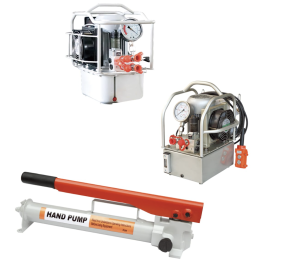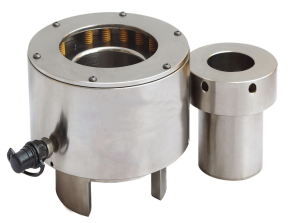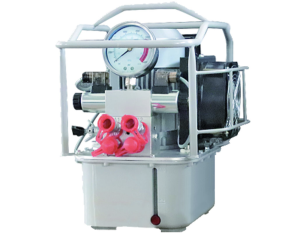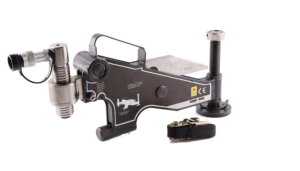High-strength hydraulic tools have revolutionized various industries by providing a powerful and efficient means of performing heavy-duty tasks. These tools are essential in construction, manufacturing, automotive, and many other sectors requiring immense force. In this article, we will explore what a reliable high-strength hydraulic tool is and why it plays a crucial role in modern industrial applications.
Understanding High-Strength Hydraulic Tools
High-strength hydraulic tools use fluid pressure to generate immense force for various applications. They operate on the principle of Pascal’s Law, which states that any change in pressure applied to an enclosed fluid is transmitted undiminished throughout the liquid. Hydraulic tools are invaluable for operations requiring great power because they can multiply the force applied.
The Components of a Hydraulic Tool
It is essential to comprehend the basic parts of a hydraulic tool to determine what makes a tool dependable. These instruments usually comprise a hydraulic cylinder or actuator, a control valve, a hydraulic pump, and a hydraulic fluid reservoir. The hydraulic fluid is pressurised by the pump and then transferred to the cylinder via the control valve, producing the required force.
Importance of High-Strength in Hydraulic Tools
High strength is a crucial aspect of hydraulic tools, as it determines their ability to perform heavy-duty tasks effectively. These tools are used in applications such as lifting, pressing, cutting, and bending, where any compromise in strength can result in inefficiency or even accidents. A reliable high-strength hydraulic tool ensures the safety of the operators and the success of the task at hand.
Materials and Manufacturing
The materials used in constructing hydraulic tools are a key factor in their strength and reliability. High-strength steel alloys are commonly employed to create durable components that withstand intense pressures. The manufacturing process, including precision machining and quality control, also plays a crucial role in ensuring the reliability of these tools.
Types of High-Strength Hydraulic Tools
High-strength hydraulic tools come in various types, each designed for specific applications. Some common types include hydraulic jacks, hydraulic presses, hydraulic shears, and hydraulic cutters. The choice of tool depends on the task’s requirements, and each style has unique features and advantages.
Reliability Factors
Several factors need to be considered to determine the reliability of a high-strength hydraulic tool. These include the tool’s load capacity, the quality of its seals and gaskets, the hydraulic system’s efficiency, and the control mechanisms’ precision. A reliable tool should handle its intended tasks consistently and with minimal maintenance.
Application in Modern Industries
High-strength hydraulic tools have become indispensable in modern industries. They are used in construction for lifting heavy loads, manufacturing for forming and shaping materials, and in the automotive industry for various tasks like frame straightening and brake line bending. The reliability of these tools directly impacts the efficiency and safety of these operations, making them a cornerstone of industrial progress.
Pioneering Progress
High-strength hydraulic tools are a cornerstone of modern industry, enabling the efficient performance of heavy-duty tasks through hydraulic force. Understanding these tools’ components, materials, and maintenance requirements is essential to ensure their reliability. A reliable high-strength hydraulic tool enhances safety and contributes to the success of various industrial applications, playing a vital role in advancing technology and infrastructure.





